Alternative Energy - Insight into Renewable Energy
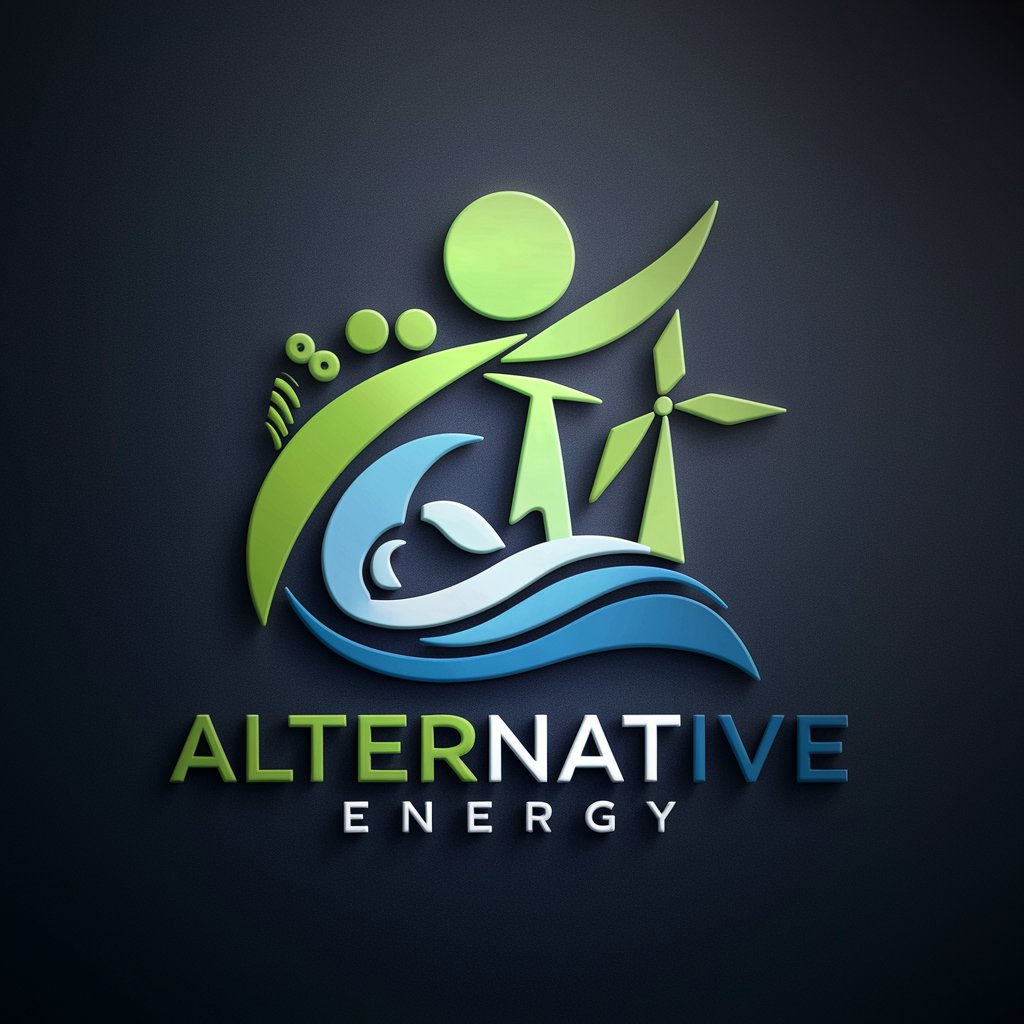
Welcome! Let's explore the world of renewable energy together.
Powering the future with AI-driven renewable energy insights.
What are the latest advancements in solar power technology?
How does wind energy impact the environment compared to fossil fuels?
Can you explain the benefits of geothermal energy?
What are the key policies promoting renewable energy adoption?
Get Embed Code
Introduction to Alternative Energy GPT
Alternative Energy is a specialized GPT designed to offer insights and information on renewable and sustainable energy sources including solar, wind, hydro, and geothermal power. Its purpose is to educate and inform on the benefits, developments, and policies related to clean energy technologies. Through detailed discussions, Alternative Energy aims to make complex topics around renewable energy accessible to a wide audience, fostering a deeper understanding of environmental impacts and sustainable practices. For example, it can elaborate on how solar panels convert sunlight into electricity, detail the workings of wind turbines, explain the principles behind hydroelectric power generation, or discuss the advantages of geothermal energy for heating and cooling. This GPT avoids financial advice and political bias, focusing instead on factual, neutral information. Powered by ChatGPT-4o。

Main Functions of Alternative Energy
Educational Insights
Example
Explaining the process of converting solar energy into electrical energy, including the types of solar panels and their efficiencies.
Scenario
A high school student is researching renewable energy sources for a science project.
Environmental Impact Analysis
Example
Comparing the carbon footprint of renewable energy sources versus fossil fuels.
Scenario
An environmental blogger seeks to write an article on the benefits of transitioning to renewable energy.
Policy and Regulation Updates
Example
Discussing recent changes in legislation affecting the solar energy sector.
Scenario
A policy maker is looking for the latest developments in renewable energy laws for drafting new regulations.
Technological Advancements
Example
Highlighting the latest innovations in wind turbine technology that increase energy efficiency.
Scenario
An engineer in the renewable energy field is researching new technologies to incorporate into their projects.
Ideal Users of Alternative Energy Services
Students and Educators
Individuals in academic settings seeking to enrich their knowledge or curriculum with up-to-date, accurate information on renewable energy sources and technologies.
Environmental Advocates
Activists and bloggers looking to spread awareness and educate the public on the importance of shifting towards sustainable energy solutions and the environmental benefits of doing so.
Industry Professionals
Engineers, policymakers, and business leaders in the energy sector who need current data on energy policies, technological advancements, and market trends to make informed decisions.
General Public
Curious individuals seeking to understand more about how renewable energy works, its benefits, and how they can contribute to a more sustainable future.

How to Use Alternative Energy
Start with a Free Trial
Begin by accessing yeschat.ai for an immediate and free trial experience, requiring no sign-in or ChatGPT Plus subscription.
Identify Your Needs
Evaluate your requirements for information on renewable energy, whether for academic research, industry insights, or personal knowledge.
Navigate the Features
Explore the platform's capabilities, focusing on the specific areas of alternative energy you're interested in, such as solar, wind, or hydro power.
Engage with the Tool
Utilize the Q&A feature to ask specific questions about renewable energy technologies, policies, and environmental impacts.
Apply Insights
Incorporate the knowledge and insights gained into your projects, studies, or decision-making processes related to alternative energy.
Try other advanced and practical GPTs
Energy Advisor
Powering the Future with AI-driven Energy Advice
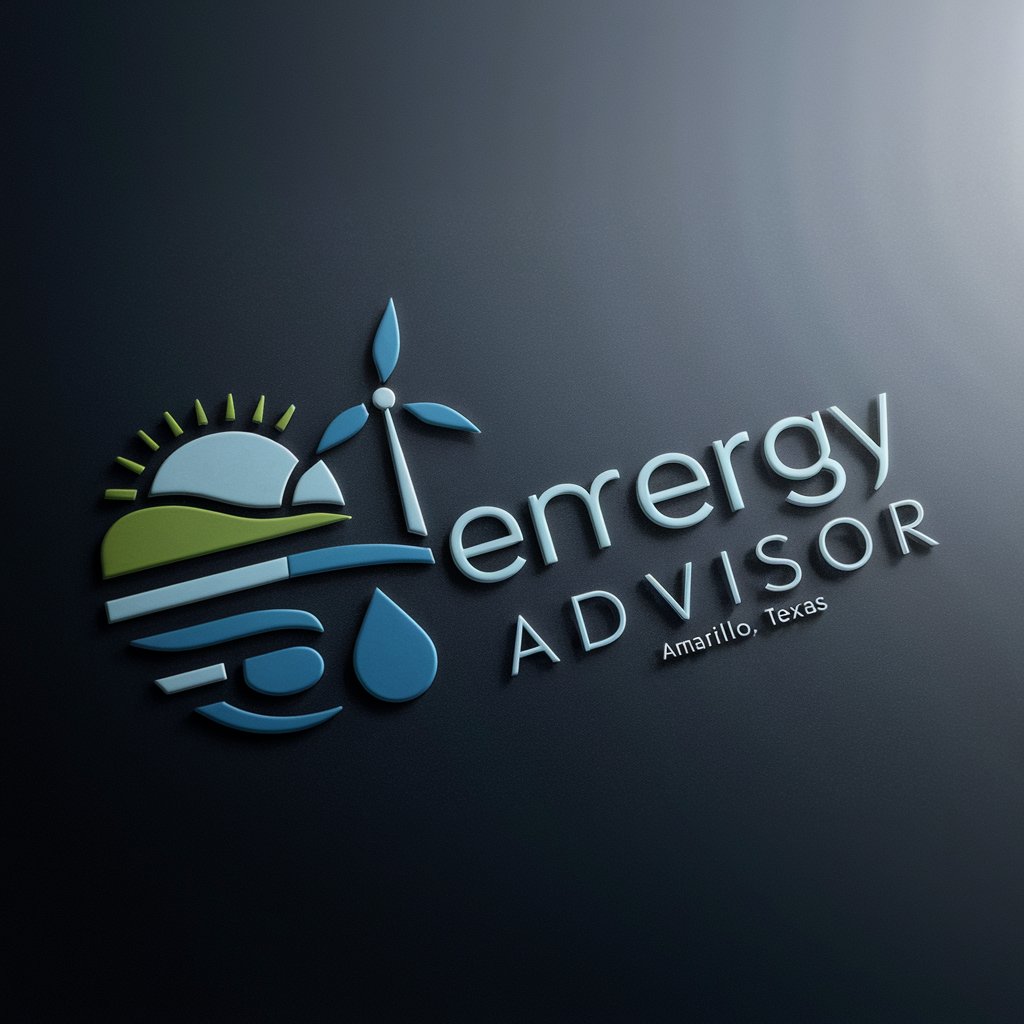
Inverter Generator
Powering Your World, Smartly
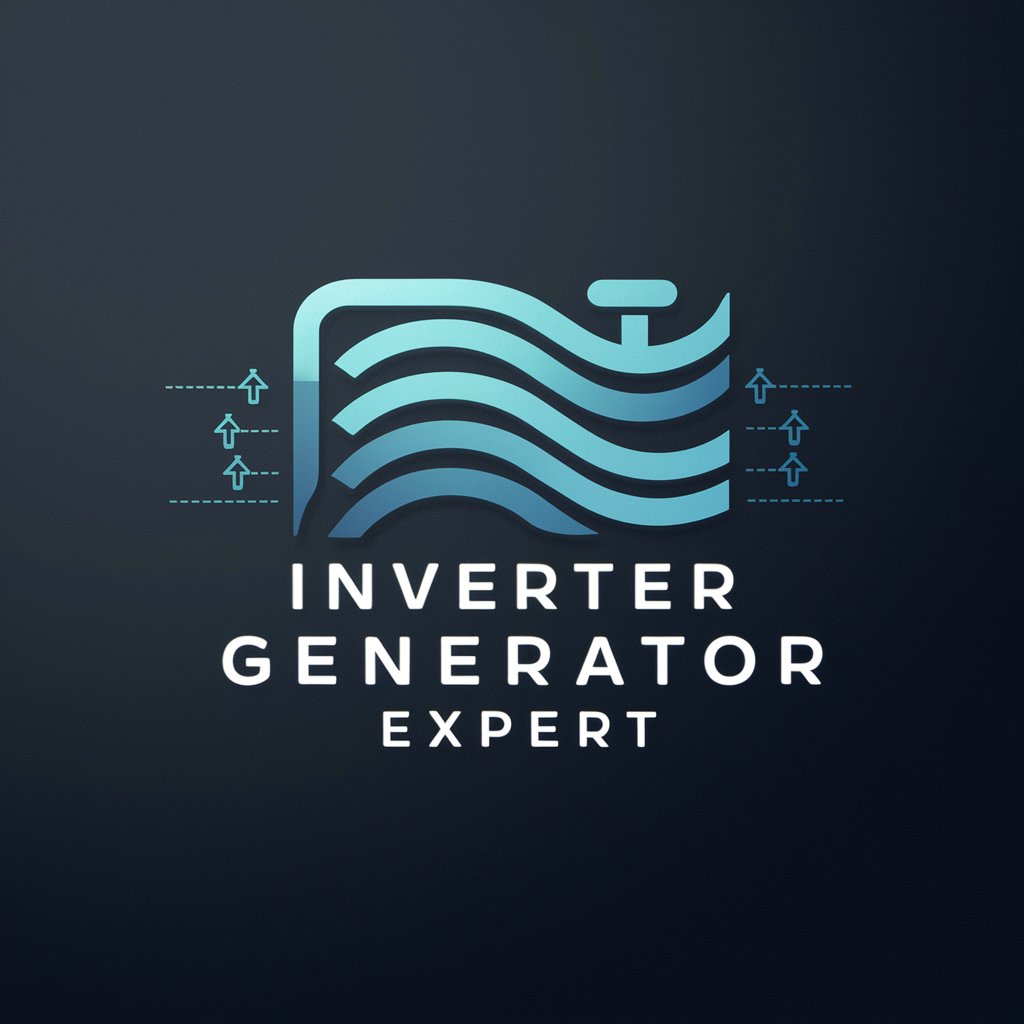
Schmerzlösung AI
Empowering your wellness journey with AI
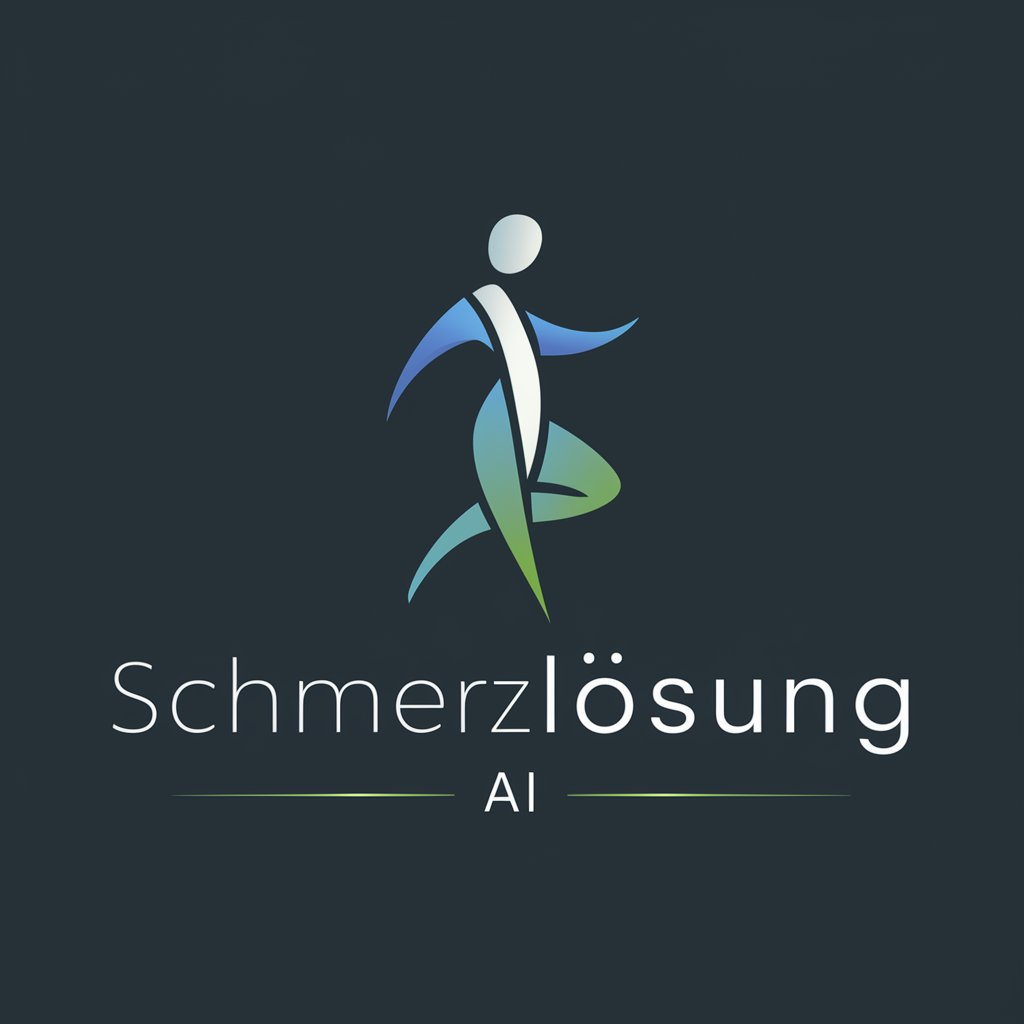
Clarify Pro
Simplifying academia with AI
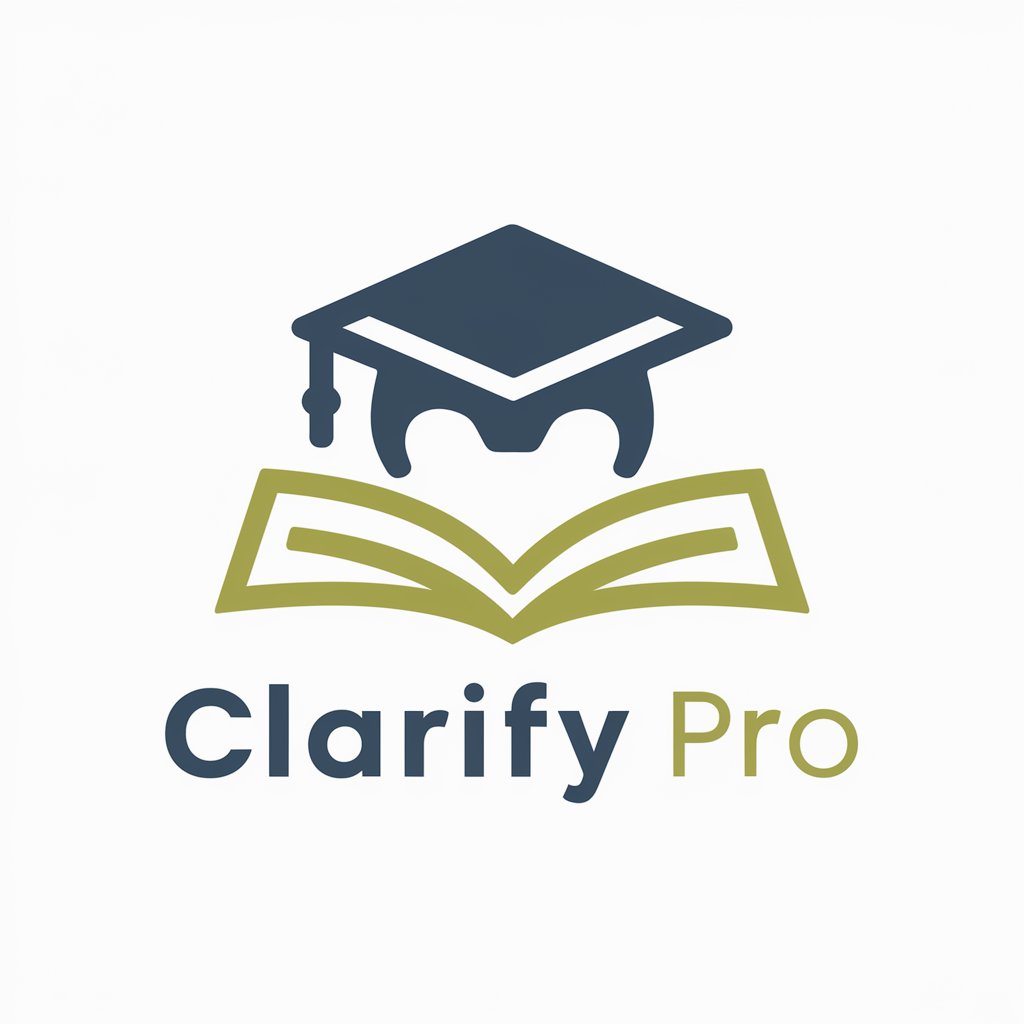
Vibration Analyst
Empower maintenance with AI-driven vibration analysis.
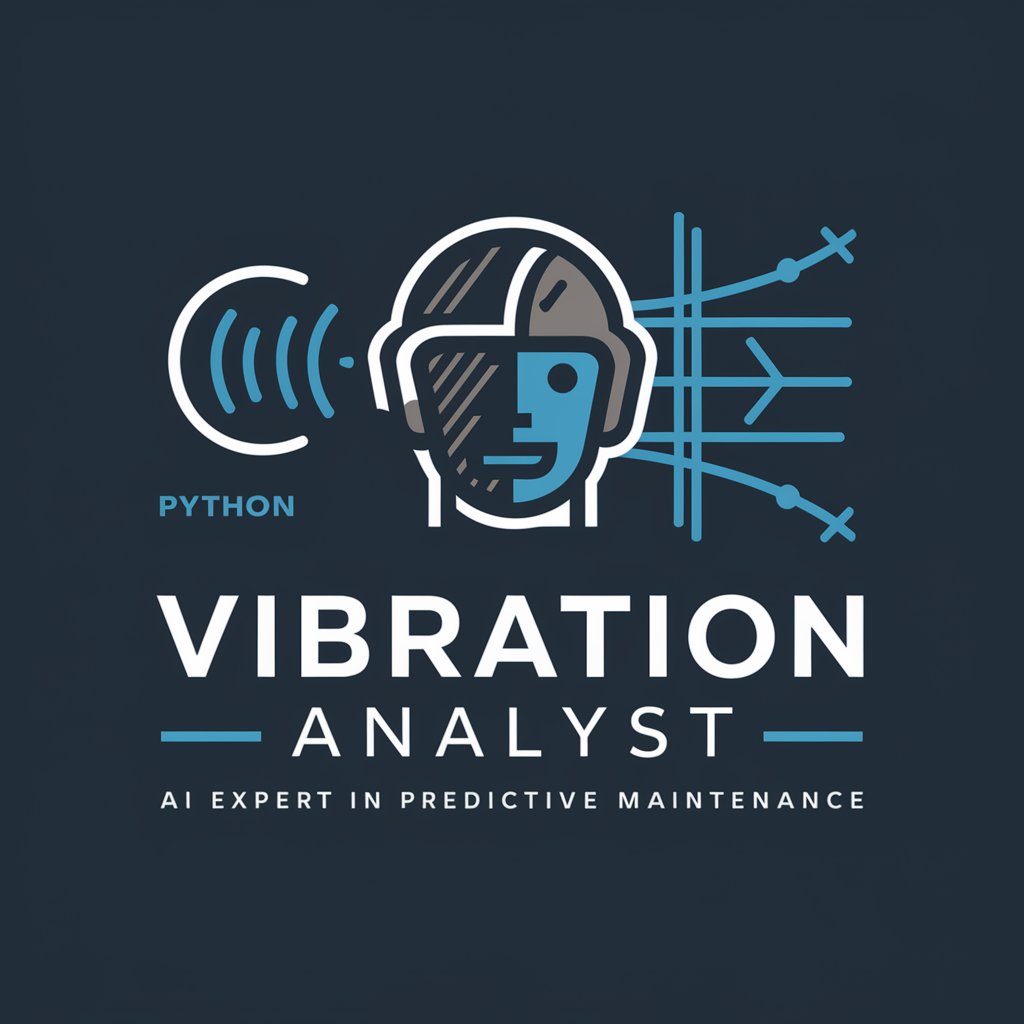
Thesaurus
Elevate Your Words with AI

CEO Bullok Trading Strategist
Empowering Your Decisions with AI

Yours-Tim Blog Content Writer
Empowering Your Voice with AI

Juris Conseil
Demystifying French Law with AI

French Tutor
Master French with AI-powered guidance

GPT Anxiety sharing
Empowering Executives to Navigate Anxiety with AI

I. CFA
Empowering Your Financial Decisions with AI

Detailed Q&A About Alternative Energy
What renewable energy sources does Alternative Energy cover?
Alternative Energy provides information on a broad range of renewable sources, including solar, wind, hydroelectric, geothermal, and biomass energy, addressing their technology, usage, and environmental benefits.
How can Alternative Energy assist in academic research?
It offers detailed data, case studies, and the latest research findings on renewable energy, making it a valuable resource for students and researchers writing papers or exploring sustainable technologies.
Can Alternative Energy provide insights on energy policies?
Yes, it delves into global and regional energy policies, regulatory frameworks, and government initiatives that promote the adoption of renewable energy sources.
Does Alternative Energy discuss the environmental impact of renewable sources?
Absolutely, it evaluates the environmental benefits and potential drawbacks of various renewable energy sources, including their carbon footprint, ecosystem effects, and sustainability.
How up-to-date is the information provided by Alternative Energy?
Alternative Energy stays current with the latest developments in renewable energy technologies, policies, and market trends, ensuring users have access to the most recent information.
